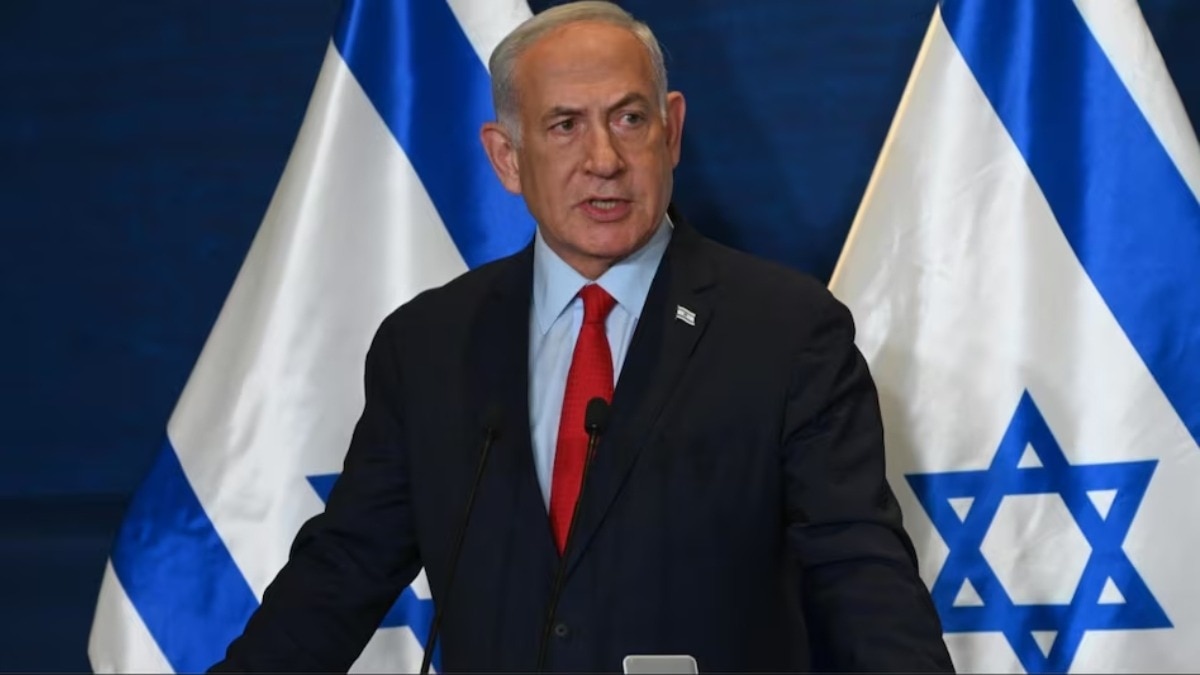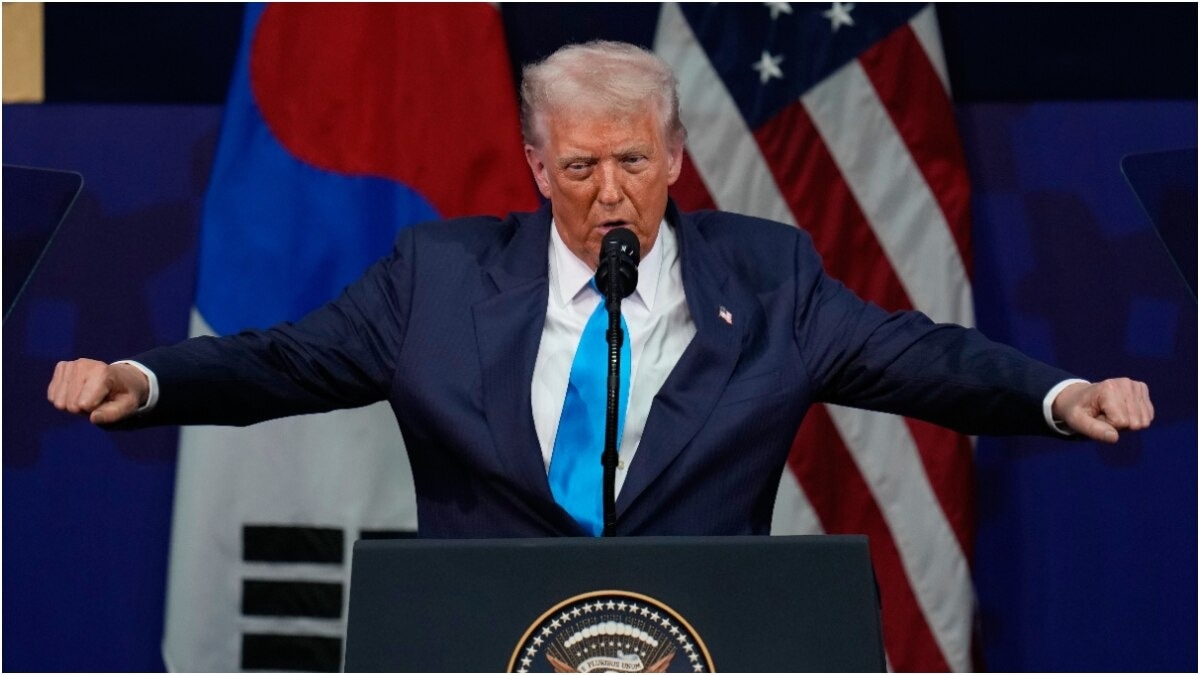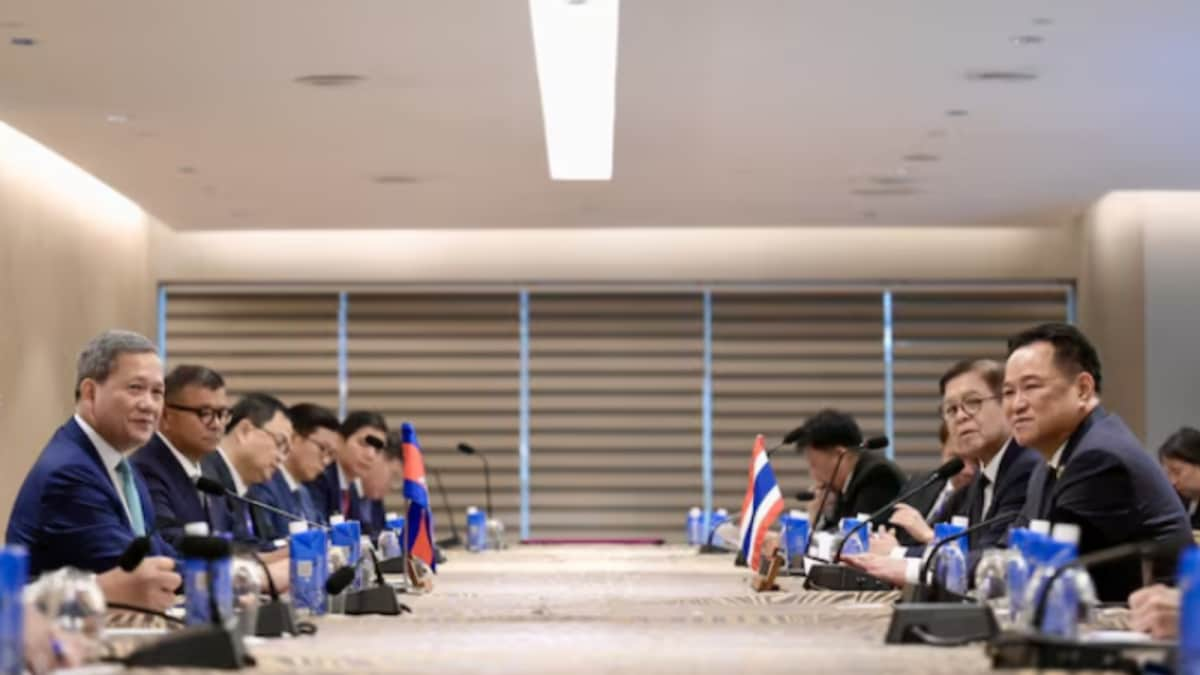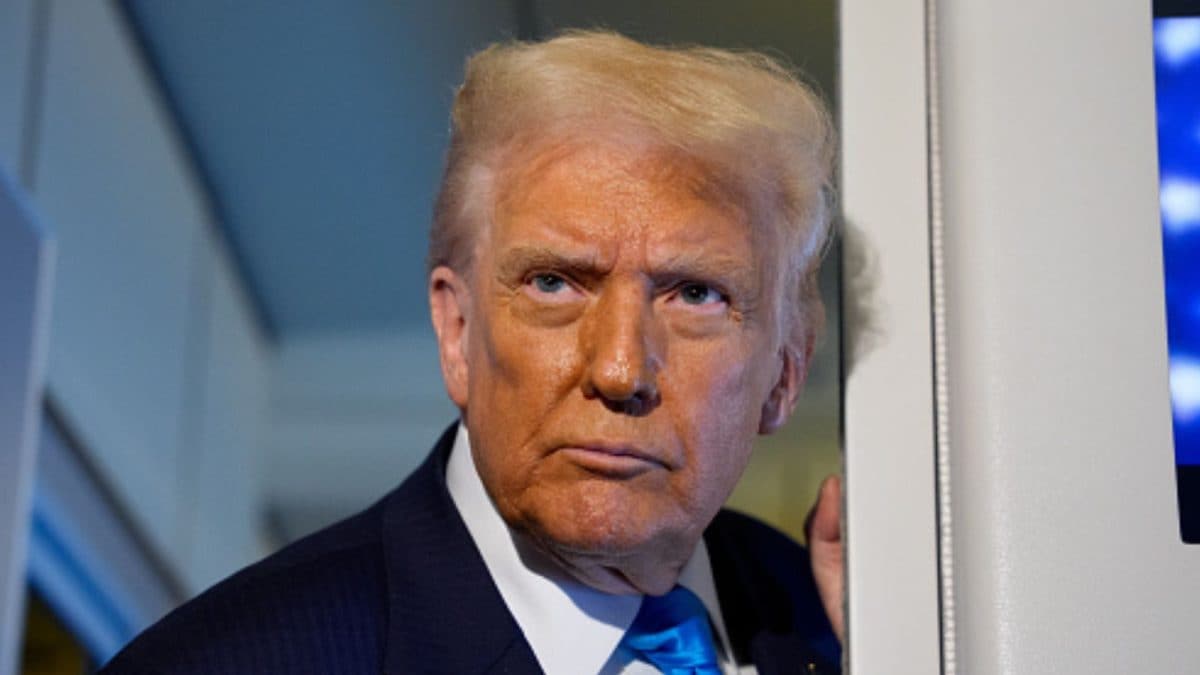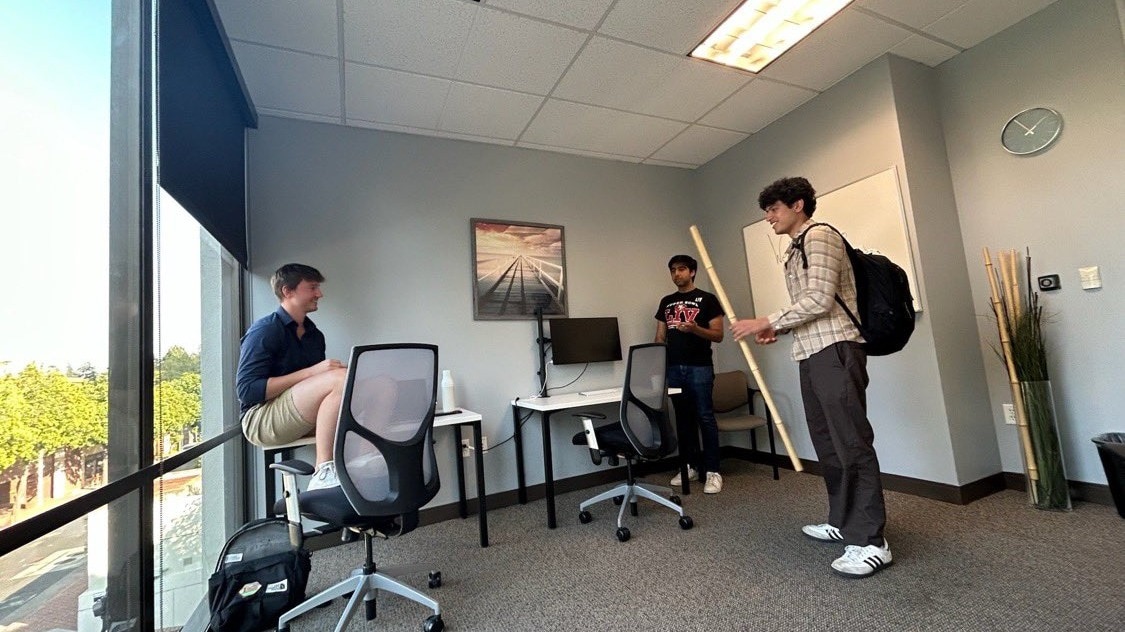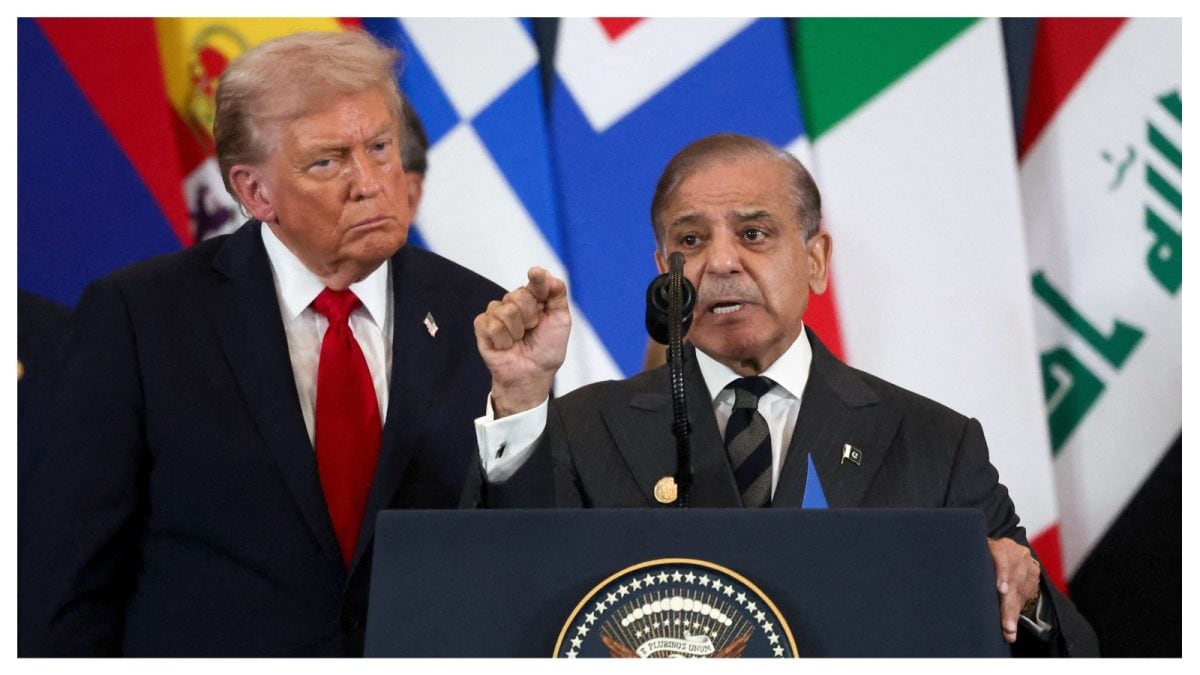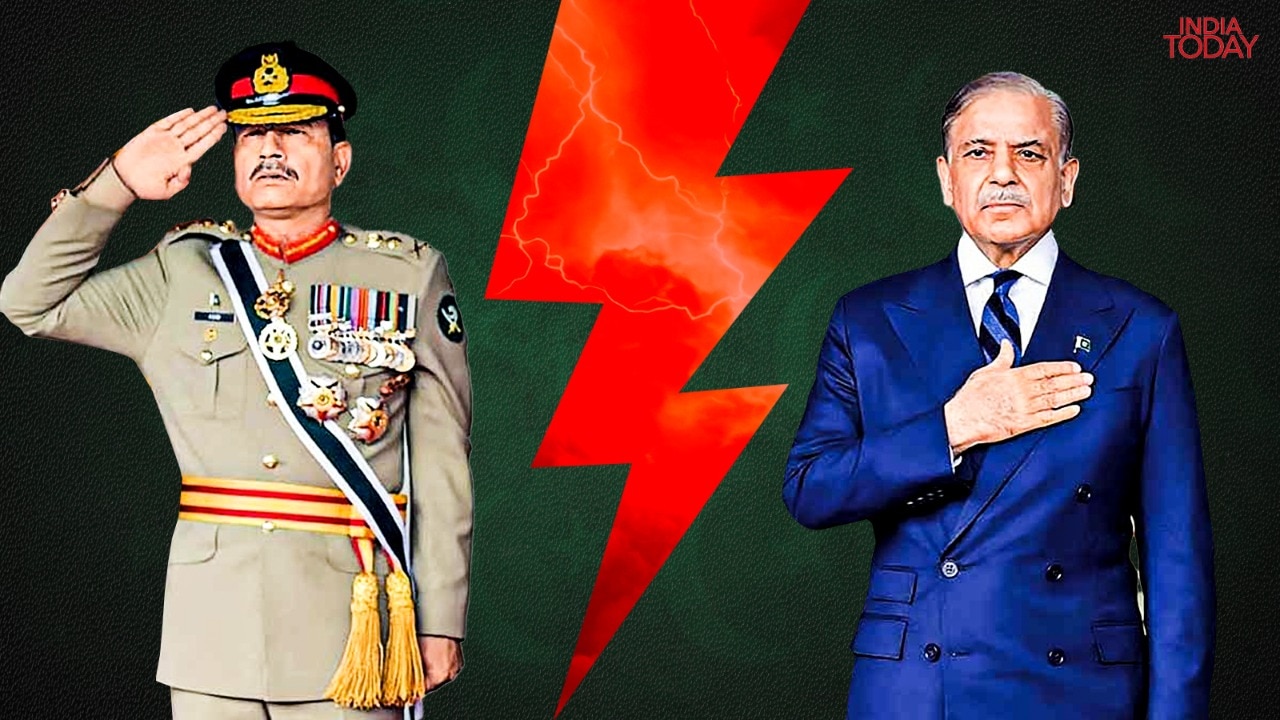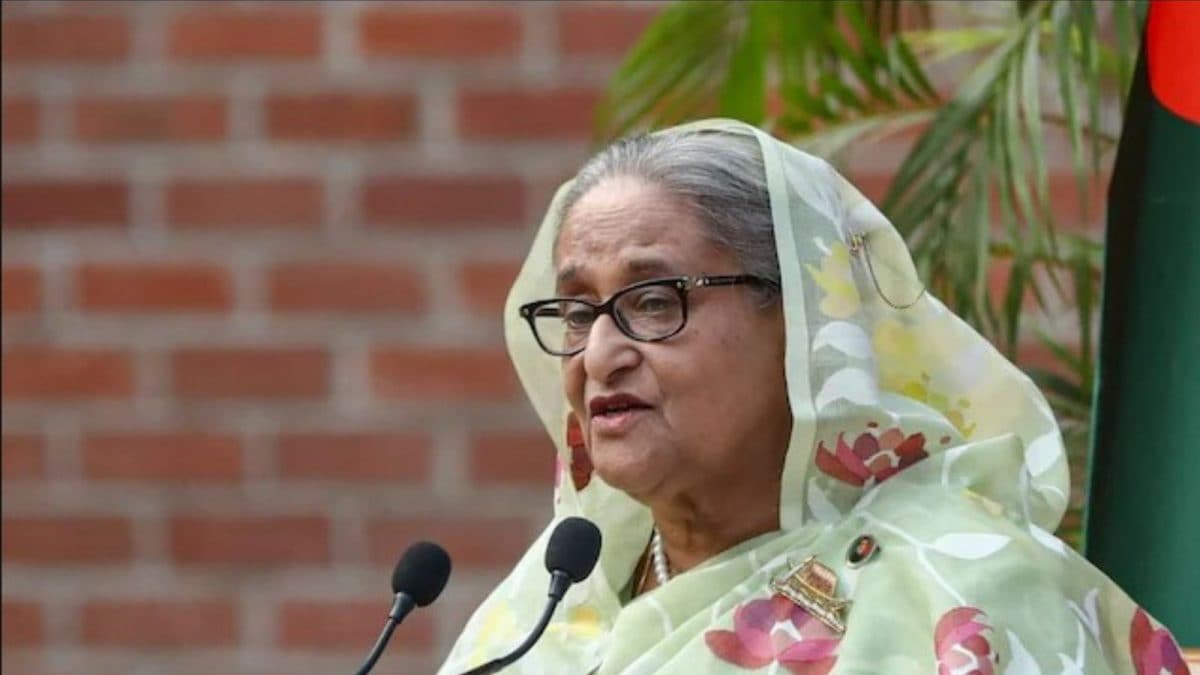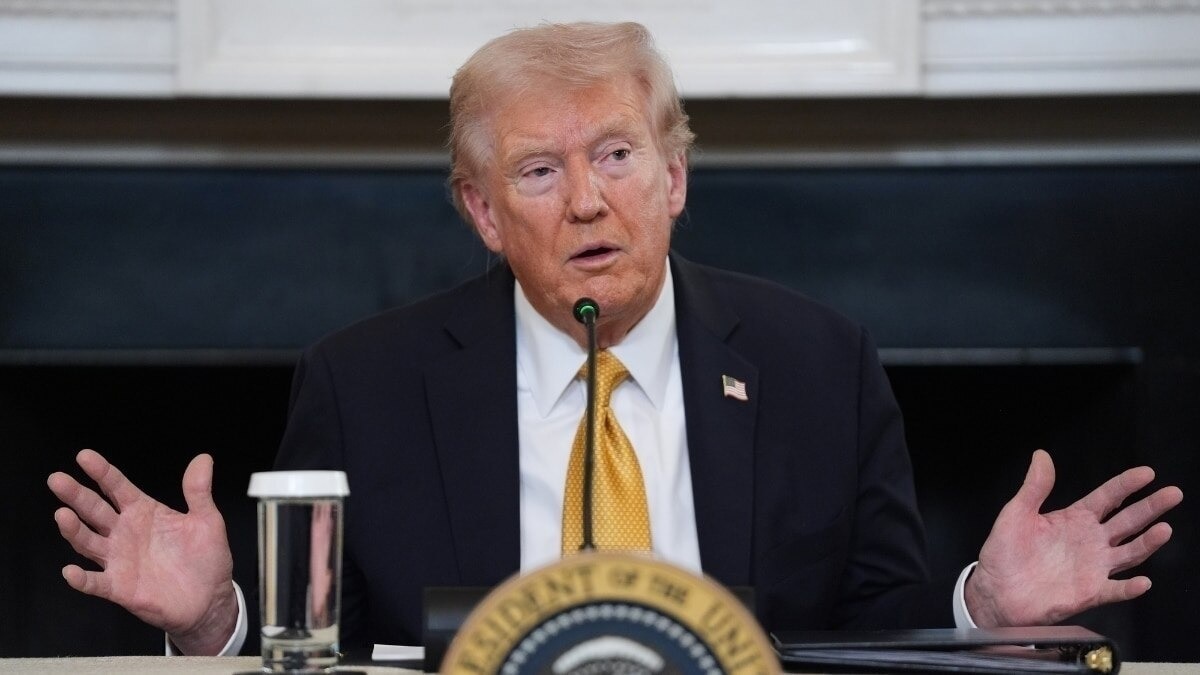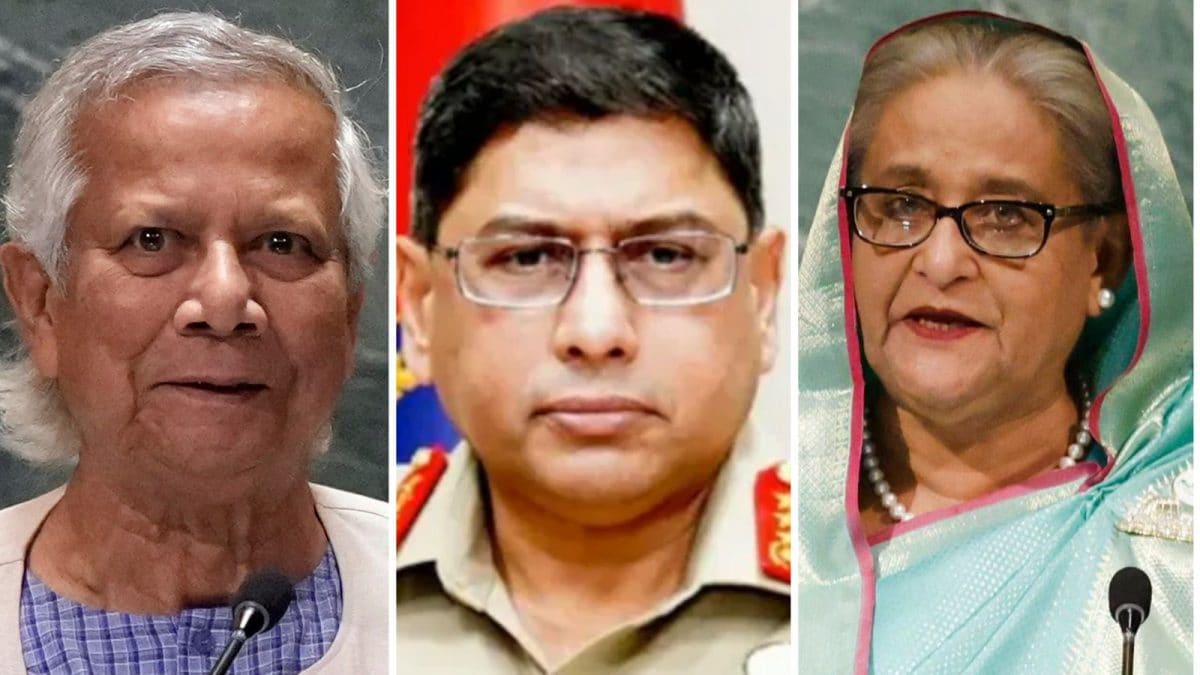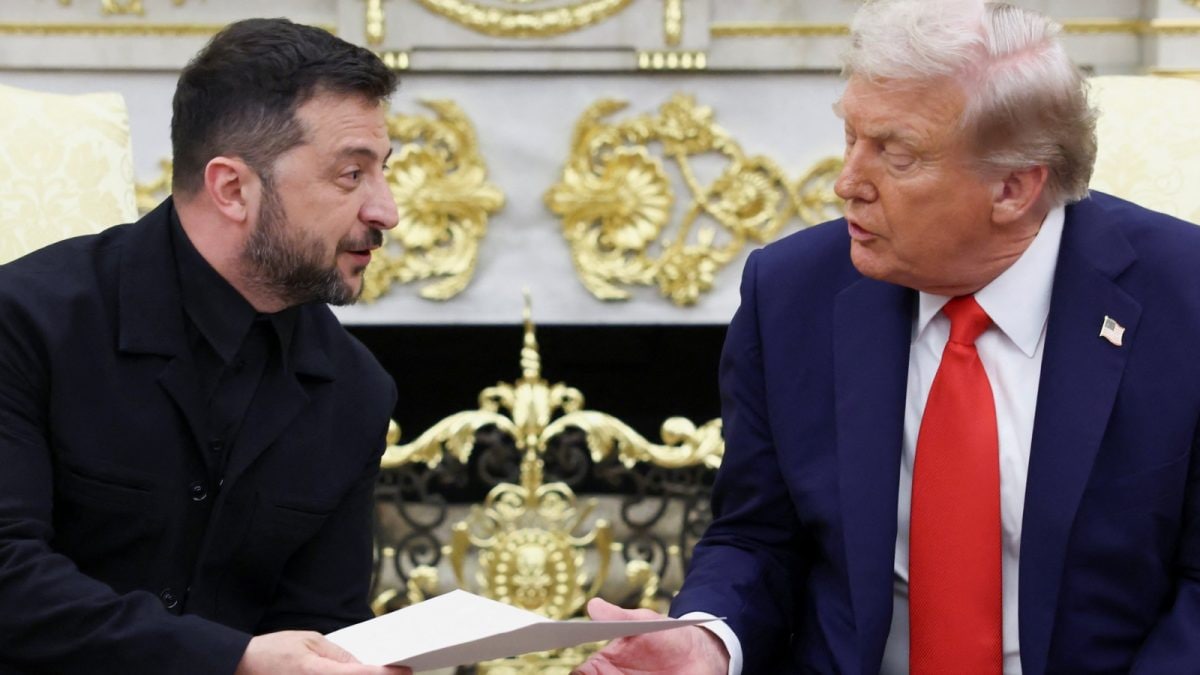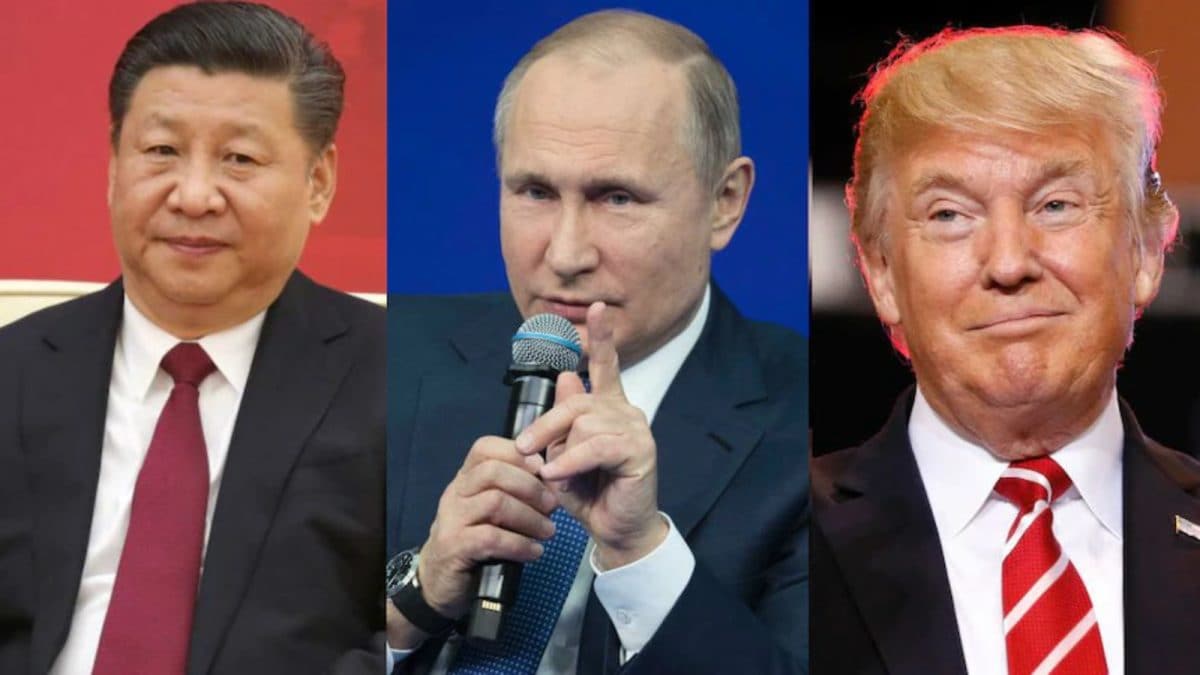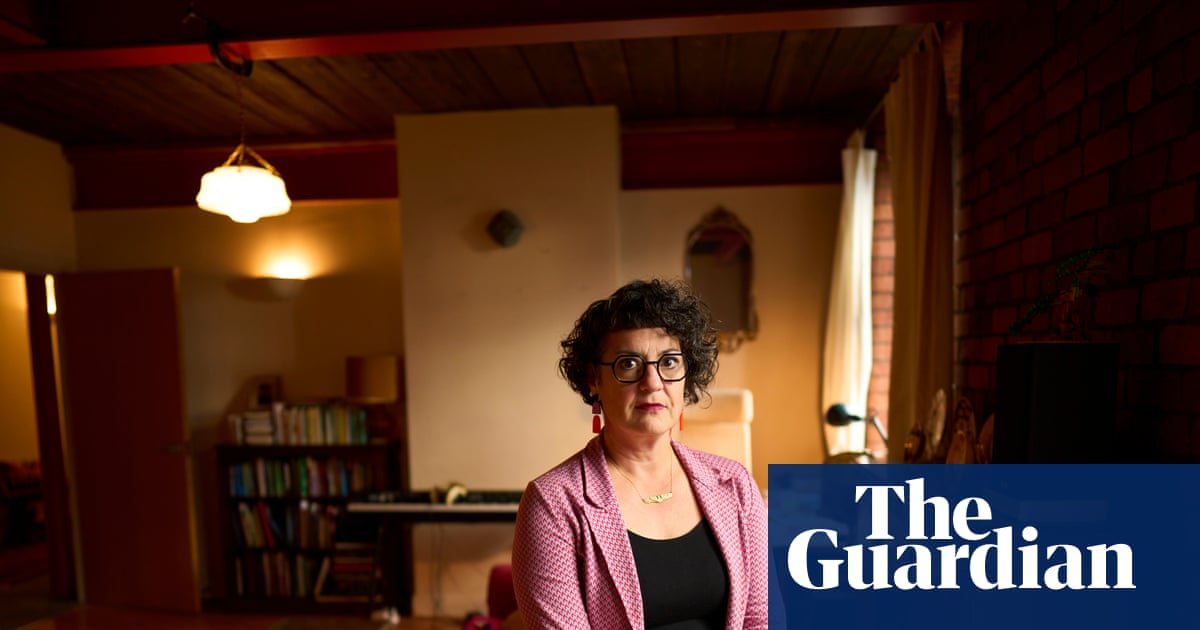Sarah Hanson-Young says Senate question time has become ‘an absolute farce’

Josh Butler
Things may have wrapped up in the house, but Senate question time is still going. The drama from last week, about extending question time and who gets (or doesn’t get) to ask questions, is also still going.
Greens senator Sarah Hanson-Young says the Senate’s QT has “become an absolute farce”.
The Coalition is now trying to amend the question time rules, again, to largely stymie the Labor government’s ability to ask itself “dixer” or softball questions. The Senate opposition leader, Anne Ruston, is moving a motion which would restrict the government to getting to ask itself just one question, with nearly all the questions going to the Coalition, crossbench and Greens.
This goes back to last week, when David Pocock led a non-government revolt in seeking to force the government to release a long-awaited report on board appointments. The non-Labor senators teamed up to change the question time rules, adding extra questions to the end of the session until the government releases that report.
Now the Coalition is doing its own move, moving for the question order to be dictated ahead of time, with Labor only getting one question, until they release that report.
Key events Show key events only Please turn on JavaScript to use this feature
Polling analyst warns Liberals axing net zero pledge would put ‘more nails in party’s coffin’
The Coalition is unlikely to be in power for another decade if the Liberals follow the s in jettisoning their commitment to net zero emissions by 2050, an expert warns.
The s voted unanimously over the weekend to drop the target from the party’s official platform, setting up a potential clash with the Liberals.
Moderate Liberal MPs have advocated for the party to maintain its support for the target, while conservatives have urged Sussan Ley to abandon the pledge.
Kos Samaras, founder of research firm Redbridge, said the Coalition risked losing much-needed votes from younger Australians after its election drubbing in May if it dropped the climate commitment.
He told AAP:
Politically, at this rate, they won’t be in government in the next 10 years. The Coalition is only securing 15% to 16% of gen Z voters in this country. This entire saga is going to continue to basically put more nails on that coffin of theirs when it comes to talking to younger Australians.
– AAP

Krishani Dhanji
Thank you all for following along on the blog with me today.
I’ll hand you over to the wonderful Caitlin Cassidy, and see you here bright and early tomorrow!

Dan Jervis-Bardy
Investor group urges Coalition to continue support for net zero emissions by 2050
Investors are urging the Coalition not to abandon net zero emissions by 2050, as bipartisan political support for the emissions target hangs in the balance.
In a statement on Monday after reports the Liberals could follow the s in abandoning net zero emissions, the Investor Group on Climate Change (IGCC) emphasised the need for “broad political support” for the target.
The IGCC executive director, Francesa Muskovic, said:
Investors want to see broad political support for net zero by 2050, as well as the much stronger policies that are needed to accelerate the country’s rollout of renewable energy and clean industry.
Until we reach net zero, floods, fires and droughts will become worse, productivity, food supply and community health will go down, and Australians will experience those losses in their superannuation balances and across their financial lives.
TLDR: Here’s what happened in question time
It was a largely subdued affairs in the house during question time today, other than a couple of blow-ups that led to the eviction of Ted O’Brien early on in the piece.
The Coalition did a bit of a repeat of questions from last week to this week (perhaps because Anthony Albanese was back from overseas) including pushing the PM on last week’s inflation rate.
From the crossbench, independent Zali Steggall asked about local content quotas for streaming services (there wasn’t much of an update of any progress on Labor’s election promise) and Andrew Wilkie pushed Chris Bowen on Australia’s scope three emissions – which include carbon emissions in exported coal and gas.
New Zealand’s speaker was in the chamber today – the first time a visiting speaker has sat on the floor of the house for question time in 21 years.

Josh Butler
Senate question time descends into ‘rabble’
The Senate chamber is descending into some uproar now. The government’s Senate leader, Penny Wong, criticised David Pocock, claiming he should sit in the Liberal party room because they had teamed up on the previous motion.
Greens senator Sarah Hanson-Young says the Greens won’t support the Coalition motion on locking the government out of questions, but says QT has become a “farce” and is criticising both Labor and Coalition over the situation. Senators from both major parties are also yelling back at her.
Hanson-Young asks the Senate president, Sue Lines, to control the “rabble” that the chamber is turning into.
Pocock is now speaking, saying he won’t support the Coalition motion either, but continues criticising the government for not releasing the report into board appointments.
We’re still technically in question time here, and I think we’ll still get the extra five questions that last week’s motion originally mandated. But there’s a bit happening in the chamber at the moment.
“I applaud the Senate for actually putting our foot down and saying ‘you should comply with the order of the Senate,’” Pocock says.
Sarah Hanson-Young says Senate question time has become ‘an absolute farce’

Josh Butler
Things may have wrapped up in the house, but Senate question time is still going. The drama from last week, about extending question time and who gets (or doesn’t get) to ask questions, is also still going.
Greens senator Sarah Hanson-Young says the Senate’s QT has “become an absolute farce”.
The Coalition is now trying to amend the question time rules, again, to largely stymie the Labor government’s ability to ask itself “dixer” or softball questions. The Senate opposition leader, Anne Ruston, is moving a motion which would restrict the government to getting to ask itself just one question, with nearly all the questions going to the Coalition, crossbench and Greens.
This goes back to last week, when David Pocock led a non-government revolt in seeking to force the government to release a long-awaited report on board appointments. The non-Labor senators teamed up to change the question time rules, adding extra questions to the end of the session until the government releases that report.
Now the Coalition is doing its own move, moving for the question order to be dictated ahead of time, with Labor only getting one question, until they release that report.

Dan Jervis-Bardy
What are Australia’s obligations under the Paris agreement?
Following on from the last post …
Then there’s the question of Australia’s obligations under Paris.
The agreement requires that with each new emissions reduction target – known as nationally determined contributions – countries must ratchet up their ambitions to reflect their “highest possible ambitions”.
In plain terms, countries cannot go backwards.
The Albanese government has committed Australia to net zero by 2050, with the interim goals of 43% by 2030 and 62%-70% by 2035, compared with 2005 levels.
So if a future Coalition government were to submit new targets to the United Nations that were lower than those, Australia would be in breach of the Paris agreement.
The opposition already opposes Labor’s 2035 target and is on the brink of abandoning net zero emissions altogether – both of which are in breach of Australia’s obligations.

Dan Jervis-Bardy
Are net zero emissions by 2050 part of the Paris agreement?
You might have seen the Liberal frontbencher Andrew Bragg making the claim this morning that the Paris agreement allows for net zero emissions to be reached in the “second half of the century”.
Bragg has made the point several times on Monday, seemingly in an attempt to justify watering down the Liberals’ commitment to net zero emissions by 2050 without totally abandoning net zero.
But what does the Paris agreement actually say? Here’s the text:
In order to achieve the long-term temperature goal set out in Article 2, Parties aim to reach global peaking of greenhouse gas emissions as soon as possible, recognizing that peaking will take longer for developing country Parties, and to undertake rapid reductions thereafter in accordance with best available science, so as to achieve a balance between anthropogenic emissions by sources and removals by sinks of greenhouse gases in the second half of this century, on the basis of equity, and in the context of sustainable development and efforts to eradicate poverty.
So, technically speaking, Bragg is right – the text of the Paris agreement does not mandate net zero emissions by 2050.
However, the advice from the Intergovernmental Panel on Climate Change on what was needed to achieve the Paris goal of limiting global heating to 1.5C settled on 2050, hence the target that scores of countries – including Australia – have signed up to.
Question time is over
The skills minister, Andrew Giles, gets the last dixer – and with that, question time is over. Perhaps even a bit earlier than expected.
Bowen asked about international obligation to reduce CO2 emissions
Back to the crossbench, independent Andrew Wilkie asks the energy minister, Chris Bowen about the international court of justice ruling that found states have a binding international obligation to assess and limit scope 3 emissions which includes carbon in exported coal and gas.
Bowen says the Climate Change Authority considered that ICJ ruling in their advice to the government when setting an emissions target.
Their [CCA] advice to us was to set the maximum possible level of ambition, which is advice of course that the government accepted. What the honourable member is doing is then raising other issues around scope 3 international emissions in other countries, which he’s entitled to do.
But I’d like and make this point. That our obligation is to reduce our emissions and to work with other countries to help them reduce their emissions, not to come at it in some other way.
Why have only 567 of Labor’s promised 40,000 homes been built so far?
Liberal backbencher Henry Pike asks the PM about Labor’s housing targets – and says just 567 of the promised 40,000 social or affordable homes have been completed, with the Housing Australia Future Fund (Haff) now being looked at by the national auditor general.
Anthony Albanese starts his answer saying that the Coalition didn’t even have a housing minister for several of the years that they were in government.
Pike tries to make a point of order, but Milton Dick says he can’t make one “because you don’t like the answer”, and says previous speakers like Bronwyn Bishop (of helicopter fame) didn’t even allow points of order.
Albanese says:
The question that’s asked by the member speaking about the number of houses that have been completed under the Haff – they held up the Haff for month after month after month after month. And then they go, “Why aren’t the houses built?” You have got to be kidding me!
PM asked about mining companies’ support for nature reforms
Back to the crossbench, Greens MP Elizabeth Watson-Brown asks the PM why mining companies like BHP support Labor’s environment law reforms, while NGOs like the Australian Conservation Foundation are critical of it.
Anthony Albanese says the parliament shouldn’t “play the games” that led to the legislation not being carried under the last term.
I’m not quite sure that the member is being fair dinkum with the quote that is, she says, of the group that is are supporting this legislation, to be honest. What we need to do is to not play these games which led to nothing being carried during the last term of a “noalition”, people saying they’re against it.
(A reminder here that Tanya Plibersek had negotiated a deal in the last parliament, before it was pulled at the 11th hour by the PM.)
s MP Anne Webster tries to pull up Albanese’s use of “noalition” which Milton Dick says was more in reference to the Coalition and Greens, not just the opposition.
Albanese continues, and the point of order is a “self-identification” by the Coalition of being a “noalition”.
We have people who say no to everything that the government puts forward, but they also say no to everything that each other put forward as well. That’s what we have seen from the disorder.
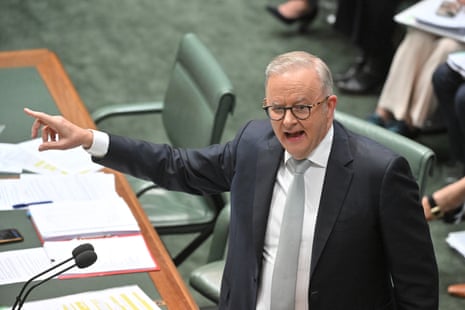
How is Labor addressing mortgage stress?
The Coalition pivots back to cost of living, and shadow minister Melissa McIntosh, a western Sydney MP, asks the prime minister what he’s doing to address mortgage stress.
Anthony Albanese’s talking points are almost exactly the same as in previous questions (including a jab at the Coalition’s division at the end).
We’ll continue to roll out cost of living support, and I’d ask the member for Lindsay to think about supporting some of it sometime. Support energy bill relief, supporting cheaper childcare, supporting cheaper medicine, also the 60-day dispensing, supporting the measures that have come in today.
Those opposite will continue to just oppose everything, whether it’s opposing what we’re doing or opposing what each other are doing.
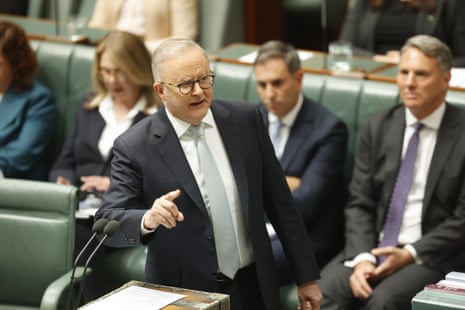
Keogh accuses opposition of ‘misleading’ on defence honours bill
The shadow veterans’ affairs minister, Darren Chester, gets the call and asks the government about legislation to limit the awarding of defence honours to 20 years. Chester says:
The now prime minister issued a media release on 24 May 2020 titled “Tasmanian war hero Teddy Sheehan deserves Victoria Cross”. And I quote: “It is never too late to honour the meaning of Lest we Forget, or to commemorate the courage of one of our own.”
It was a question he put to the minister, Matt Keogh, last week, and Keogh answers a little more sharply today, and says the government is trying to “modernise” the system.
The reason the prime minister put out that press release in the first place was because the previous government, despite the tribunal’s recommendation, said no, and set up a completely separate process because of the pressure brought upon by veterans … Stop misleading people, shadow minister.
Ted O’Brien booted from the chamber
The deputy Liberal leader, Ted O’Brien, gets the next question, and asks if the PM will rein in Jim Chalmers’ spending, as he forced the treasurer to “backflip” on the super tax.
Anthony Albanese is stopped almost as soon as he starts, as Milton Dick warns the opposition (including O’Brien) to stop shouting.
Albanese continues:
If you listen between the lines there, to that question, what they’re saying is they would rip and cut everything that we are doing when it comes to cost-of-living measures to assist people.
And then we get our first booting of the week.
O’Brien, who keeps shouting at Albanese, is told to leave under 94a – “no one can take the mickey here,” says Dick.

 7 hours ago
7 hours ago
